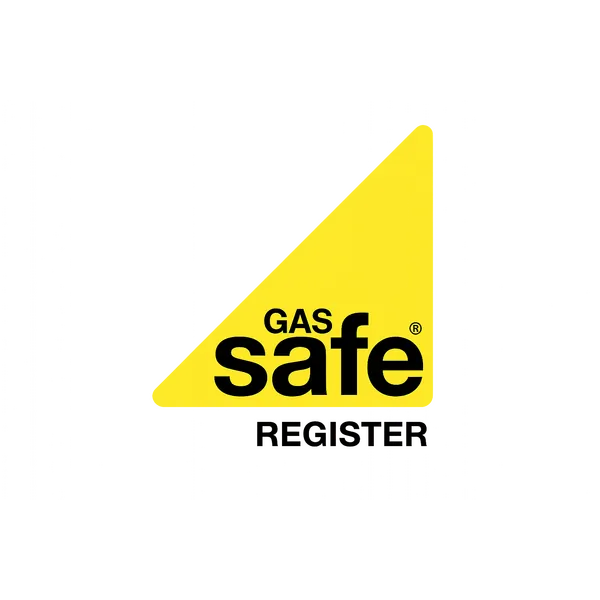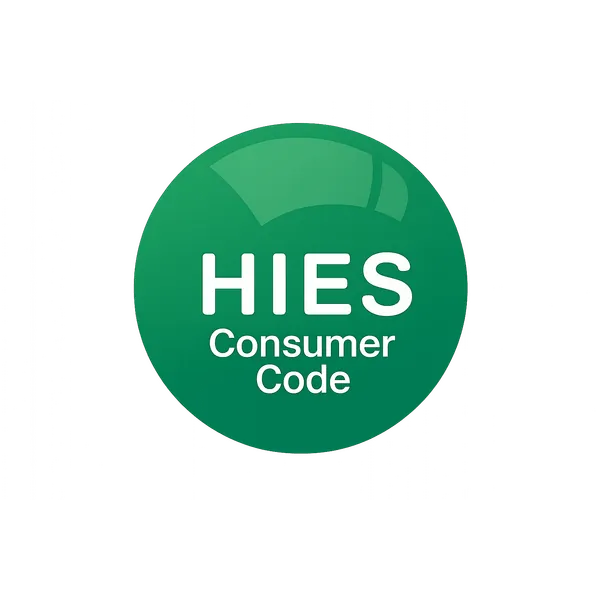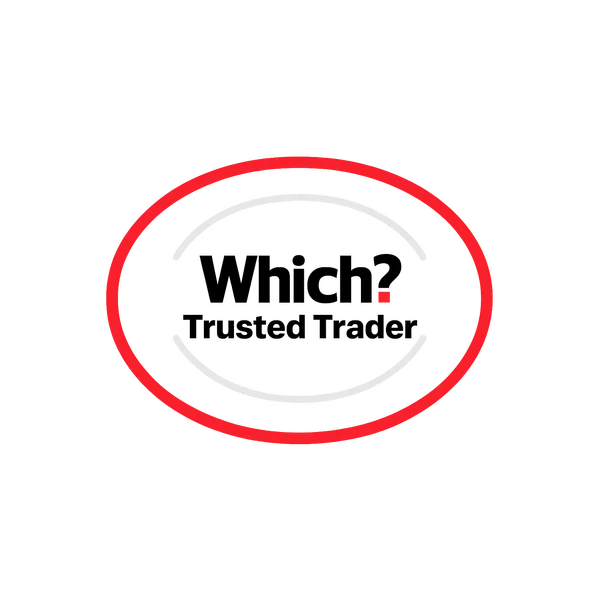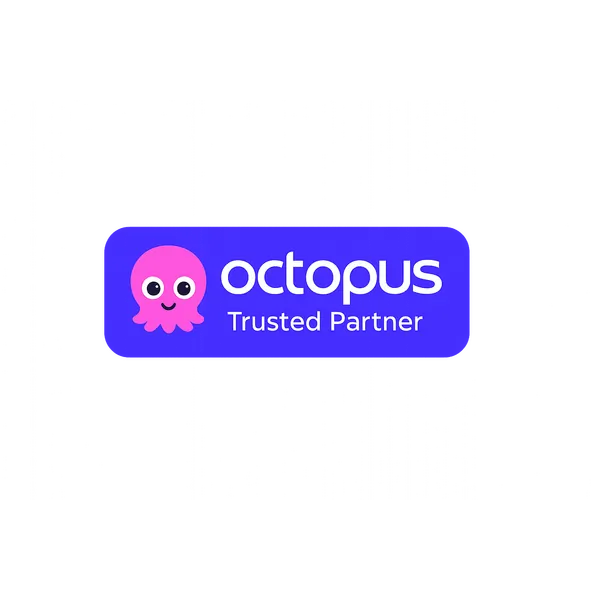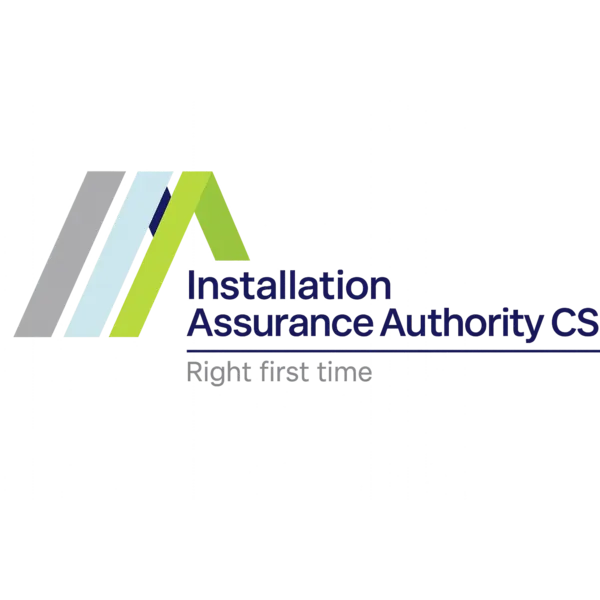Powering Your Business with Commercial Solar PV: A Guide to ROI
In today's competitive business landscape, commercial solar photovoltaic (PV) systems have emerged as one of the most compelling investments for forward-thinking organisations. Beyond the obvious environmental benefits, commercial solar delivers substantial financial returns that can transform your energy costs from a liability into a strategic asset. This comprehensive guide explores the economic case for commercial solar, examining how businesses can achieve impressive returns on investment while building resilience against volatile energy markets.
Understanding Commercial Solar Economics
The Financial Foundation
Commercial solar PV systems represent a capital investment that generates predictable, long-term returns through energy cost savings. Unlike many business investments that depreciate over time, solar installations continue to produce value for 25-30 years, with most systems achieving payback periods of 3-7 years depending on system size, energy consumption patterns, and available incentives.
Key Economic Drivers
The compelling economics of commercial solar stem from several interconnected factors:
- Rising grid electricity prices: Traditional energy costs continue to increase, making self-generated power increasingly valuable
- Falling solar technology costs: Solar panel prices have decreased by over 80% in the past decade
- Predictable energy production: Solar generation provides stable, predictable energy costs for decades
- Multiple revenue streams: Beyond direct savings, solar can generate additional income through export tariffs and grid services
Demand-Side Generation Benefits
Taking Control of Energy Costs
Demand-side generation through commercial solar PV fundamentally changes your relationship with energy suppliers. Instead of being a passive consumer subject to market price fluctuations, your business becomes an active energy producer with greater control over operational costs.
Operational Resilience
Solar generation provides a hedge against energy price volatility and supply disruptions. By generating your own electricity during daylight hours, your business becomes less vulnerable to grid outages and price spikes, particularly during peak demand periods when electricity costs are highest.
Peak Shaving Capabilities
Commercial solar systems can be strategically sized to target your business's peak energy consumption periods. This "peak shaving" capability reduces demand charges – the portion of your electricity bill based on your highest power draw – which can represent a significant portion of commercial energy costs.
Reduced Grid Charges and Operational Savings
Understanding Your Electricity Bill
Commercial electricity bills typically consist of several components:
- Unit rates: Cost per kWh consumed
- Standing charges: Fixed daily fees
- Distribution charges: Costs for using the local grid
- Climate change levy: Environmental taxes
Solar PV directly reduces your consumption from the grid, lowering all these cost components except standing charges.
Maximising Self-Consumption
The most valuable solar energy is the electricity you consume directly on-site. Modern commercial solar installations can achieve self-consumption rates of 30-70%, meaning a significant portion of your solar generation displaces expensive grid electricity at retail rates.
Export Tariff Opportunities
Any surplus solar generation not used immediately can be exported to the grid through Smart Export Guarantee (SEG) arrangements. While export rates are typically lower than retail electricity prices, they provide an additional revenue stream that improves overall system economics.
Tax Advantages and Financial Incentives
Capital Allowances Explained
One of the most significant financial benefits for commercial solar investments comes through capital allowances – tax relief on capital expenditure. Businesses can deduct the cost of qualifying capital assets from their taxable profits, reducing their corporation tax liability.
Enhanced Capital Allowances (ECAs)
Solar PV systems qualify for Enhanced Capital Allowances, allowing businesses to deduct 100% of the cost from their profits in the first year. This accelerated tax relief significantly improves cash flow and shortens payback periods.
Annual Investment Allowance (AIA)
The Annual Investment Allowance enables businesses to deduct the full value of qualifying capital expenditure up to £1 million per year from their taxable profits. Most commercial solar installations fall well within this threshold, making the entire investment tax-deductible in the first year.
VAT Recovery Opportunities
Businesses that are VAT-registered can typically recover the VAT on solar installation costs, further reducing the net investment required.
Accelerated Capital Allowances in Detail
How Accelerated Allowances Work
Accelerated capital allowances allow businesses to write off the cost of qualifying energy-efficient equipment against taxable profits more quickly than standard depreciation schedules. For solar PV systems, this means the entire investment can typically be deducted in the first year of operation.
Financial Impact Example
Consider a £100,000 solar installation for a company paying 19% corporation tax:
- Capital allowance claim: £100,000
- Tax saving at 19%: £19,000
- Effective net cost: £81,000
This immediate tax relief significantly enhances the investment's attractiveness and shortens the payback period.
Long-Term Tax Benefits
Beyond the initial capital allowances, solar systems continue to generate tax-free savings for their entire operational life. The electricity generated represents operational cost savings rather than taxable revenue, providing ongoing financial benefits without increasing your tax liability.
CRG Direct's Commercial Solar Project Experience
Proven Track Record
At CRG Direct, we've successfully delivered commercial solar solutions across multiple sectors, from manufacturing and logistics to retail and office buildings. Our experience spans system sizes from 10kW to 500kW, tailored to each client's specific energy needs and operational requirements.
Comprehensive Project Management
We manage the entire solar journey from initial feasibility assessment through to design, installation, commissioning, and ongoing maintenance. Our approach ensures minimal disruption to your operations while maximising system performance and financial returns.
Technical Expertise
Our team brings deep technical expertise in:
- Site assessment and shading analysis
- System design optimisation
- Grid connection applications
- Performance modelling and ROI forecasting
- Ongoing monitoring and maintenance
Case Study: Manufacturing Facility
One of our recent projects involved a 250kW solar installation for a Midlands-based manufacturing company. The system:
- Reduced annual electricity costs by £42,000
- Achieved payback in 4.2 years
- Provided 35% of the site's electricity needs
- Qualified for £47,500 in capital allowances
Calculating Your Solar ROI
Key ROI Metrics
When evaluating commercial solar investments, several metrics provide insight into financial performance:
- Simple payback period: Time to recover initial investment
- Return on investment (ROI): Annual return as percentage of investment
- Net present value (NPV): Current value of future cash flows
- Internal rate of return (IRR): Annualised return percentage
Typical Performance Range
Based on our project experience, well-designed commercial solar systems typically deliver:
- Payback periods: 3-7 years
- Annual ROI: 15-25%
- System lifetime: 25-30 years
- Total return: 3-5x initial investment
Factors Influencing ROI
Several factors determine your specific solar ROI:
- Energy consumption patterns: Higher daytime usage improves economics
- Roof orientation and shading: Optimal conditions maximise generation
- Electricity rates: Higher grid prices improve savings
- Available incentives: Capital allowances and export tariffs
- Financing terms: Cash purchase vs. financing options
Implementation Considerations
Site Assessment Requirements
Before proceeding with a commercial solar installation, several site-specific factors require evaluation:
- Structural integrity: Roof condition and load-bearing capacity
- Electrical infrastructure: Distribution board capacity and connection points
- Planning considerations: Permitted development rights and conservation areas
- Grid connection: Available capacity and application process
Project Timeline
A typical commercial solar project follows this timeline:
- Feasibility study: 2-4 weeks
- Design and planning: 4-6 weeks
- Installation: 2-8 weeks (depending on system size)
- Commissioning and handover: 1-2 weeks
Financing Options
Businesses can choose from several financing approaches:
- Capital purchase: Full ownership with maximum returns
- Lease arrangements: Lower upfront cost with fixed monthly payments
- Power purchase agreements (PPAs): Pay for generated electricity at discounted rates
Future-Proofing Your Business
Energy Security
Commercial solar provides a hedge against future energy price increases and supply disruptions. With energy markets becoming increasingly volatile, generating your own electricity represents a strategic advantage.
Sustainability Credentials
Beyond financial returns, solar installations demonstrate environmental leadership, enhancing your brand reputation and meeting stakeholder expectations for sustainable business practices.
Regulatory Compliance
As environmental regulations tighten and carbon pricing mechanisms expand, businesses with renewable energy generation will be better positioned to comply with future requirements.
Getting Started with Commercial Solar
Initial Assessment
The first step in exploring commercial solar is a comprehensive site assessment and energy analysis. This evaluation identifies your solar potential, estimates system performance, and provides detailed ROI calculations.
Customised Proposal
Based on the assessment, we develop a tailored proposal outlining system specifications, projected performance, financial returns, and implementation timeline.
Seamless Implementation
Our experienced project management team ensures smooth implementation with minimal disruption to your operations, from initial site preparation through to final commissioning.
Conclusion: A Strategic Investment Decision
Commercial solar PV represents more than just an environmental initiative – it's a strategic financial investment that delivers compelling returns while building business resilience. With payback periods typically under five years and returns exceeding 15% annually, solar installations outperform many traditional business investments.
The combination of energy cost savings, tax advantages through accelerated capital allowances, and reduced exposure to volatile energy markets creates a powerful economic case. As energy prices continue to rise and solar technology costs decline, the financial benefits will only strengthen over time.
At CRG Direct, we've helped numerous businesses unlock these benefits through carefully designed solar solutions that align with their operational needs and financial objectives. Our comprehensive approach ensures maximum returns while minimising implementation risks.
Ready to explore how commercial solar can power your business's financial and environmental goals? Contact our commercial solar team today for a no-obligation site assessment and ROI analysis.







